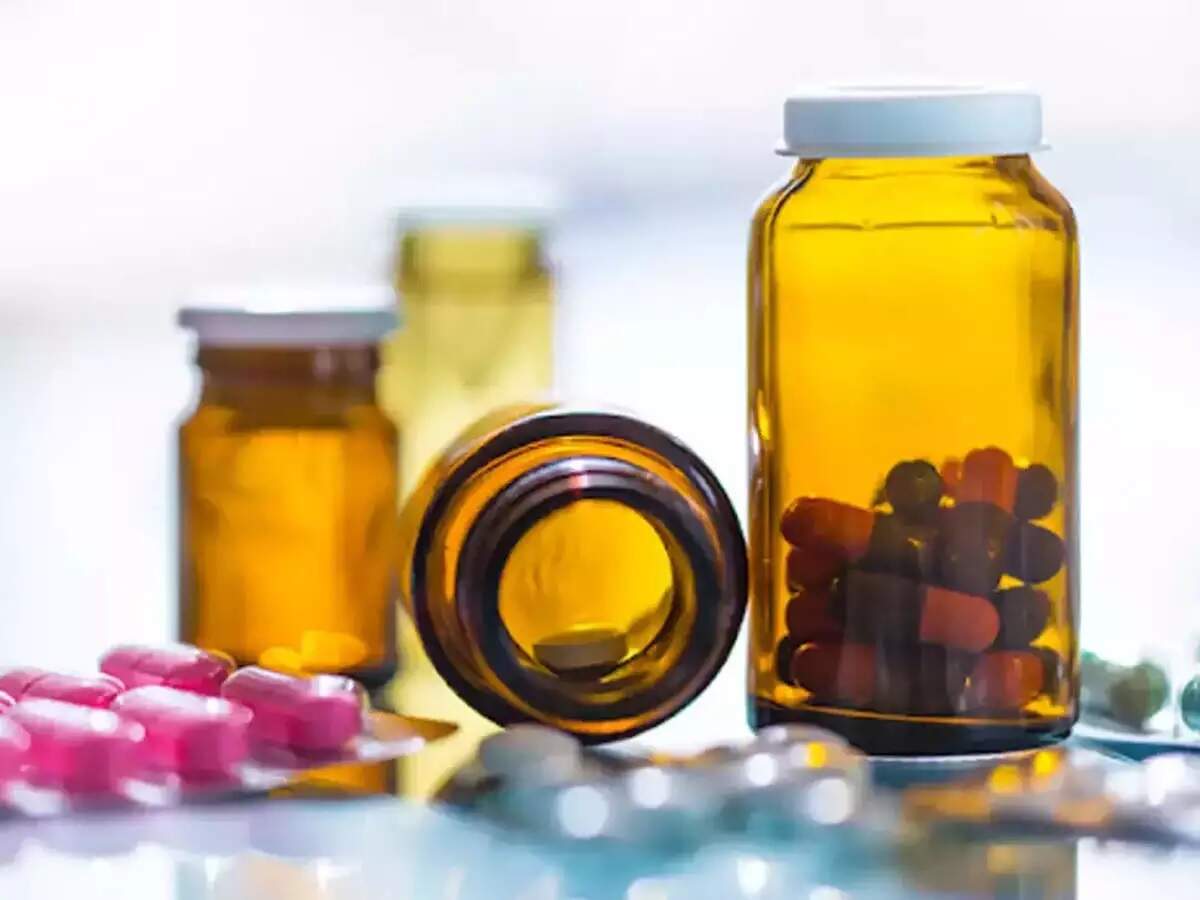- Pharma
- 2 min read
18 generic drug makers will work with Medicines Patent Pool to accelerate global access to Covid-19 treatments
The idea of the pledge is to encourage firms now developing either new or re-purposed therapies to negotiate agreements allowing rapid access to those in need.
The idea of the pledge is to encourage firms now developing either new or re-purposed therapies to negotiate agreements allowing rapid access to those in need. This can be either through licensing of their intellectual property, or where licences are not needed, facilitating ways to scale up manufacturing capacity to meet the high demands, according to the Medicines Patent Pool, a United Nations-backed public health organisation working to increase access to, and facilitate the development of, life-saving medicines for low- and middle-income countries.
“This unprecedented cooperation from companies that are typically competitors represents a breakthrough in our efforts to level the playing field for access to drugs that will be crucial to controlling and defeating this pandemic,” said Charles Gore, Executive Director of MPP.
Gore noted that collectively the 18 companies joining the pledge have the capacity to deliver substantial amounts of conventional drugs, technically known as “small molecules” in industry parlance, and an increasing ability to produce more molecules known as biologics.
The first signees of the open pledge include Adcock Ingram, Arene Aurobindo, Beximco, Celltrion, Desano, Emcure, Hetero, Langhua Pharma, Laurus Labs, Lupin, Macleods, Mangalam, Micro Labs, Natco, Strides Shasun, Sun Pharma and Zydus Cadila
“Making sure there is enough supply capacity of potential game-changing treatments for Covid-19 is critical to ensure equitable access in low- and middle-income countries. Using the proven MPP model to ensure access to effective and affordable health solutions not only makes sense in this Covid-19 emergency but is the right thing to do,” said Dr Philippe Duneton, Executive Director of Unitaid.
The companies joining the effort are connected by their past work with MPP, an organisation created in 2010 by the global health initiative Unitaid to negotiate patent licence agreements with pharmaceutical companies that are placed in a pool to make them more easily accessible for generic manufacturers. Thus far, agreements negotiated by MPP with companies such as ViiV Healthcare, Bristol Myers Squibb and Abbvie have allowed generic producers to provide over 15 billion doses of HIV and hepatitis C medicines to low- and middle-income countries, said in a statement.


Comments
All Comments
By commenting, you agree to the Prohibited Content Policy
PostBy commenting, you agree to the Prohibited Content Policy
PostFind this Comment Offensive?
Choose your reason below and click on the submit button. This will alert our moderators to take actions